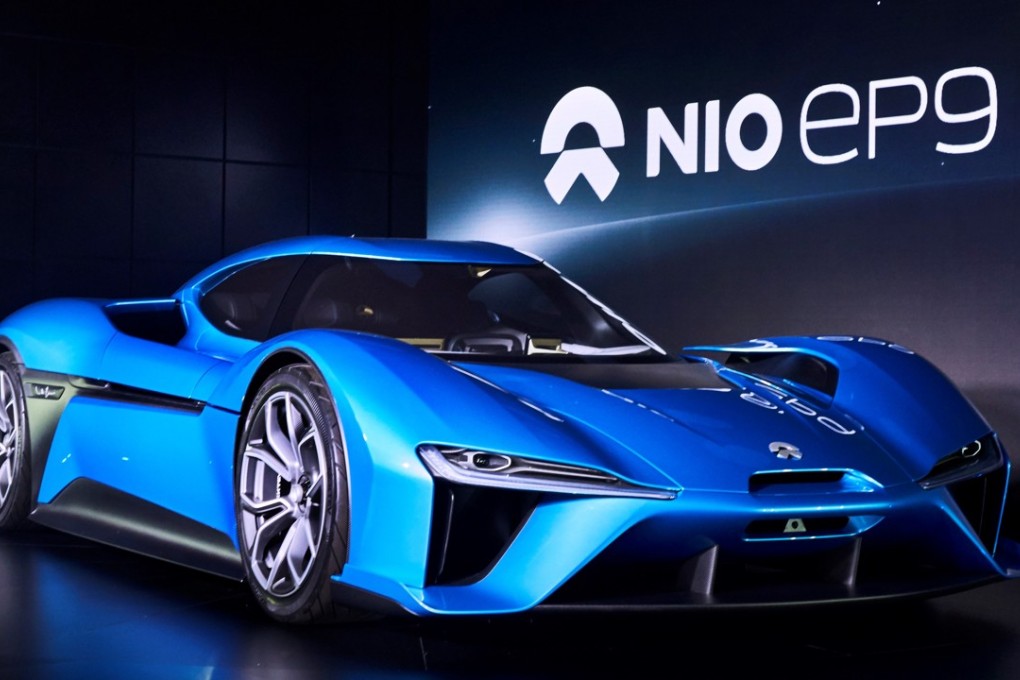China to spearhead US$1 trillion autonomous driving revolution
290 cities have initiated ‘smart-city’ pilot projects, including 93 that are focused on mobility that could potentially use infrastructure interlinked by software to allow driverless cars, or autonomous vehicle and shared-driving models

Car-based “mobility services”, such as car-sharing, ride-hailing as well as driverless cars with entertainment, information and communications services, are projected to generate US$1 trillion in revenue for suppliers globally in 2040 from nearly zero a decade ago, according to latest industry figures from information and analytics provider IHS Markit.
And China, the world’s largest market for electric cars, is predicted to be in pole position to shape the future of such services, transform global business models, improve road safety conditions and cut pollution, according to industry experts.
So far, 290 cities have initiated “smart-city” pilot projects controlled by artificial intelligence (AI) technology, including 93 that are focused on mobility that could potentially use infrastructure interlinked by software to allow driverless cars, or autonomous vehicle (AV), and shared-driving models.
Shanghai has already opened the country’s first driverless vehicle pilot zone, in July, with about two hundred vehicles being tested in a closed test zone.
The combined impact of mobility services, driverless technologies, electric cars and government policies [promoting them] will propel a national transformation in personal mobility
“The combined impact of mobility services, driverless technologies, electric cars and government policies [promoting them] will propel a national transformation in personal mobility,” said Jim Burkhard, head of crude oil markets at IHS Markit.